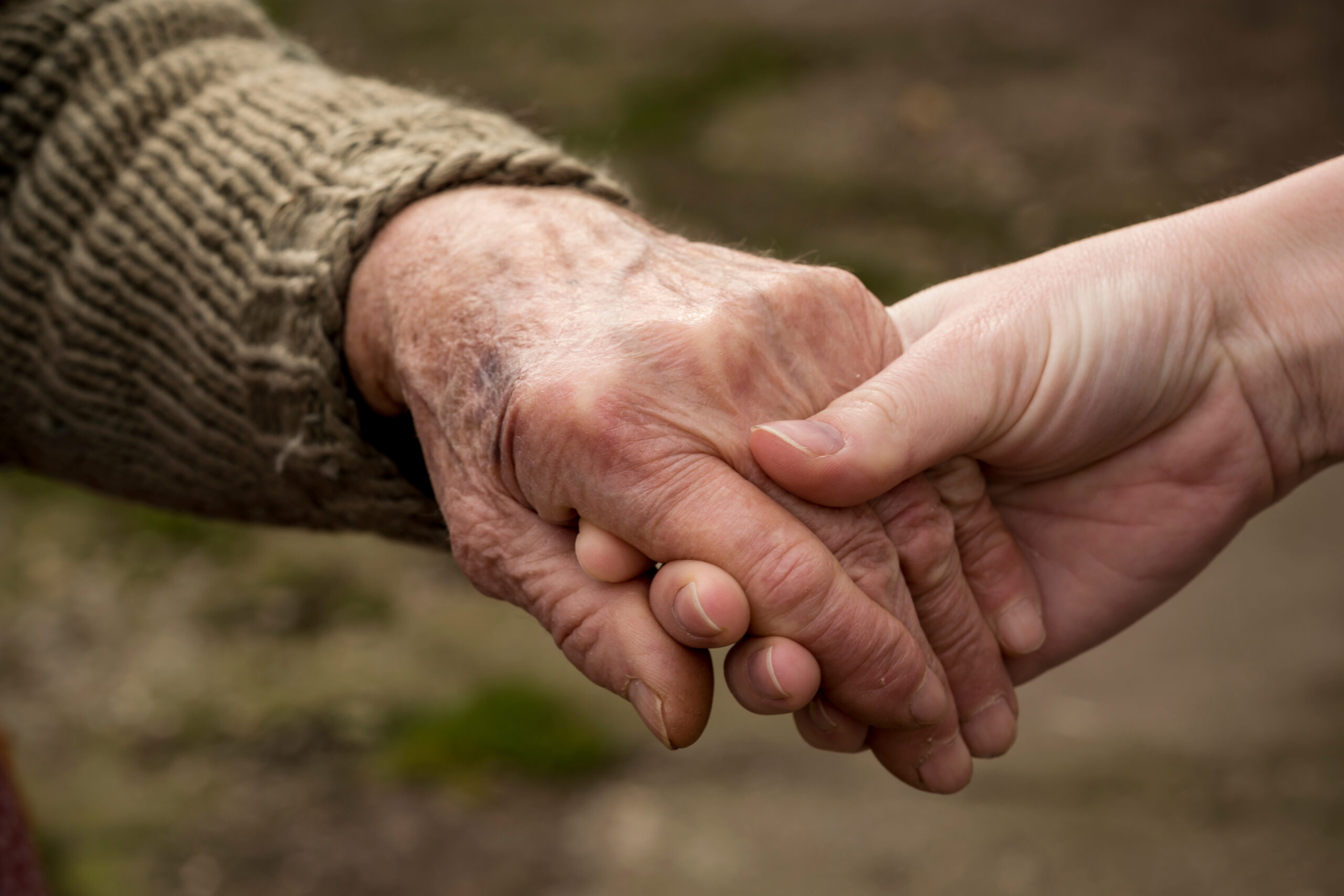Why Family Caregivers Are at Higher Risk for PTSD from Dementia Violence
Family caregivers play a vital role in supporting loved ones with dementia, but this role can come with significant emotional and psychological challenges. One of the lesser-known risks for these caregivers is the development of Post-Traumatic Stress Disorder (PTSD). PTSD is often associated with traumatic events, but the stress and violence sometimes experienced by caregivers of dementia patients can also lead to this condition.
### Understanding Dementia and Its Impact
Dementia is a condition characterized by cognitive decline, affecting memory, thinking, and behavior. It can lead to unpredictable behavior in those affected, including aggression and violence. This unpredictability can be particularly stressful for caregivers, who may face physical and verbal abuse without warning.
### The Stress of Caregiving
Caregiving for a loved one with dementia is inherently stressful. The constant need to manage unpredictable behavior, combined with the emotional strain of watching a family member decline, can be overwhelming. Caregivers often feel isolated and unsupported, which can exacerbate their stress levels.
### How Dementia Violence Affects Caregivers
Violence from dementia patients, though not intentional, can be traumatic for caregivers. The fear of being hurt, combined with the guilt of feeling frustrated or angry towards a loved one, can lead to deep emotional distress. This distress can manifest as anxiety, depression, or even PTSD.
### Signs of PTSD in Caregivers
PTSD symptoms can include flashbacks, anxiety, or emotional numbness. Caregivers experiencing PTSD may relive traumatic moments, such as instances of violence, and may become increasingly anxious or withdrawn. Recognizing these symptoms is crucial for seeking help.
### Seeking Support
It’s essential for caregivers to seek support to manage their stress and prevent PTSD. This can include therapy, support groups, and respite care to provide temporary relief from caregiving duties. By acknowledging the risks and taking proactive steps, caregivers can better protect their mental health.
### Conclusion
While caregiving is a rewarding role, it also comes with significant challenges. Recognizing the risk of PTSD and taking steps to mitigate it can help caregivers maintain their well-being while supporting their loved ones with dementia. By understanding the impact of dementia violence and seeking support, caregivers can navigate these challenges more effectively.





